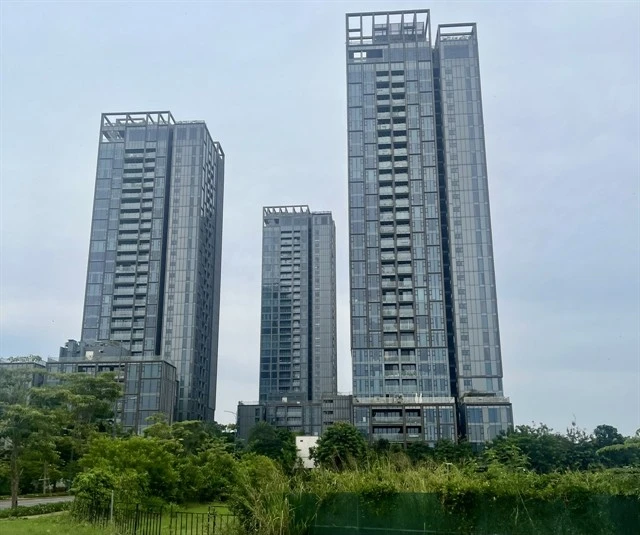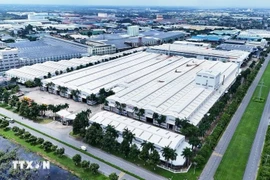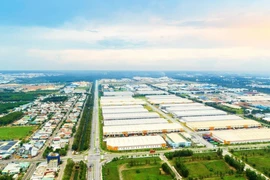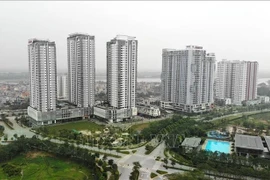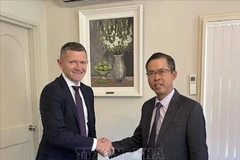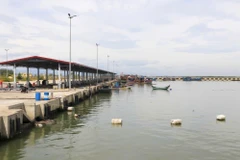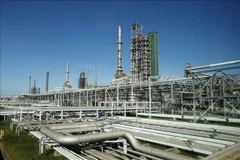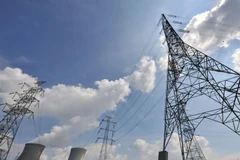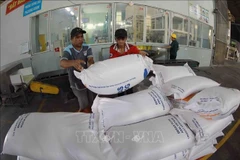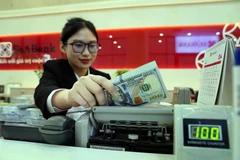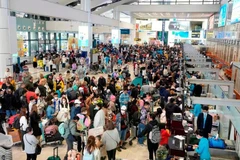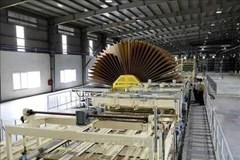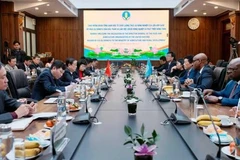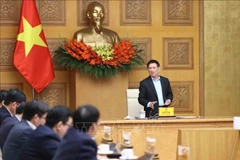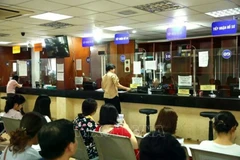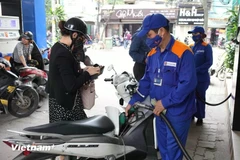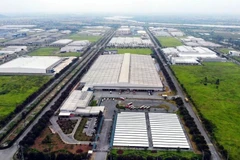Hanoi (VNS/VNA) - Vietnam is considering new taxes on real estate to address rising prices and mitigate speculation, after prior initiatives were postponed amid public backlash.
Prime Minister Pham Minh Chinh has directed the Ministry of Finance to develop policies to limit real estate speculation and improve oversight of construction projects.
Reports have indicated that some regions have seen prices rise beyond residents’ financial capabilities, driven by speculative behaviour that distorts market information.
Certain developers have taken advantage of limited property availability, inflating prices significantly, he said.
The PM has tasked the ministry with proposing tax measures to address these issues, including a potential tax on the gap between land use fees and sale prices.
The PM has also urged the State Bank of Vietnam to tighten credit for speculators to prevent real estate price bubbles.
He mandated stricter credit quality control regulations, requiring banks to provide detailed reports on real estate loans for better risk monitoring.
He also proposed lower lending caps, higher equity payment ratios, and increased interest rates for those owning multiple properties to reduce speculative borrowing.
The Ministry of Public Security has been asked to strictly enforce land auction regulations, targeting those spreading false information to inflate prices and defraud the public.
The PM ordered that a report on this initiative be due by April 30.
The recent surge in land auction prices in suburban areas has led to winning bids significantly exceeding starting prices, negatively impacting the real estate market's healthy development.
Many regions are facing an imbalance, with an oversupply of shophouses and villas alongside a critical shortage of affordable housing, particularly in Hanoi and Ho Chi Minh City.
At the end of 2024, Vietnamese lawmakers proposed tax policies targeting individuals who own multiple properties or leave real estate vacant, amid the persistent rise in housing prices across various localities.
The Ministry of Construction has recently proposed a tax on individuals owning multiple properties to mitigate speculation, a proposal supported by the Ministry of Finance, which plans further study.
The Ministry of Finance had also proposed a 0.03% tax on homes valued over 500 million VND (19,607 USD) in the 2009 draft Law on House and Land Tax.
Most recently, public feedback was recently sought on a new Property Tax Law, offering two thresholds: 700 million VND or 1 billion VND, with tax rates of 0.3% or 0.4%.
However, these proposals faced mixed public reactions, leading to their postponement.
The tax reform is part of Vietnam’s broader tax system reform strategy by 2030, approved by the PM.
Experts have, however, urged caution against high taxes, raising interest rates, or tightening credit for real estate due to limited housing supply.
Dr. Le Xuan Nghia said: “Without increased supply, such measures will only drive prices higher as buyers are willing to accept higher costs when supply is low.”
He called for a long-term housing finance strategy, particularly for social housing.
To improve the social and low-cost housing sectors, there needs to be an open mechanism for development and favourable financial policies for buyers.
Previous efforts, such as a 120 trillion VND lending package, failed due to high interest rates and short terms.
Dr. Can Van Luc, BIDV’s chief economist, urged prompt implementation of relevant laws to boost supply and address market issues, such as land valuation and bad debt, to ensure sustainable real estate development./.
